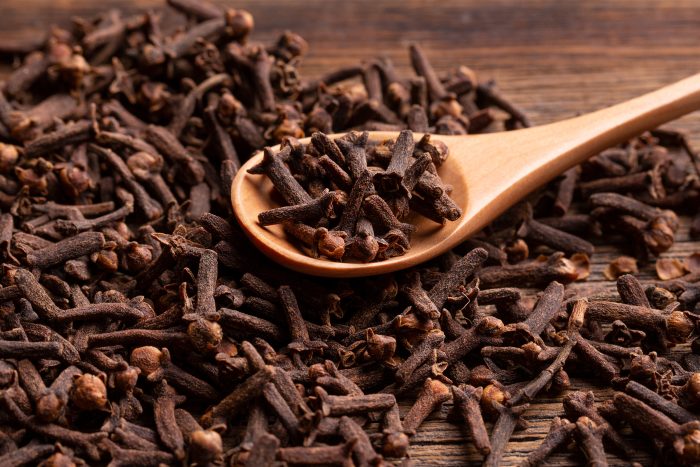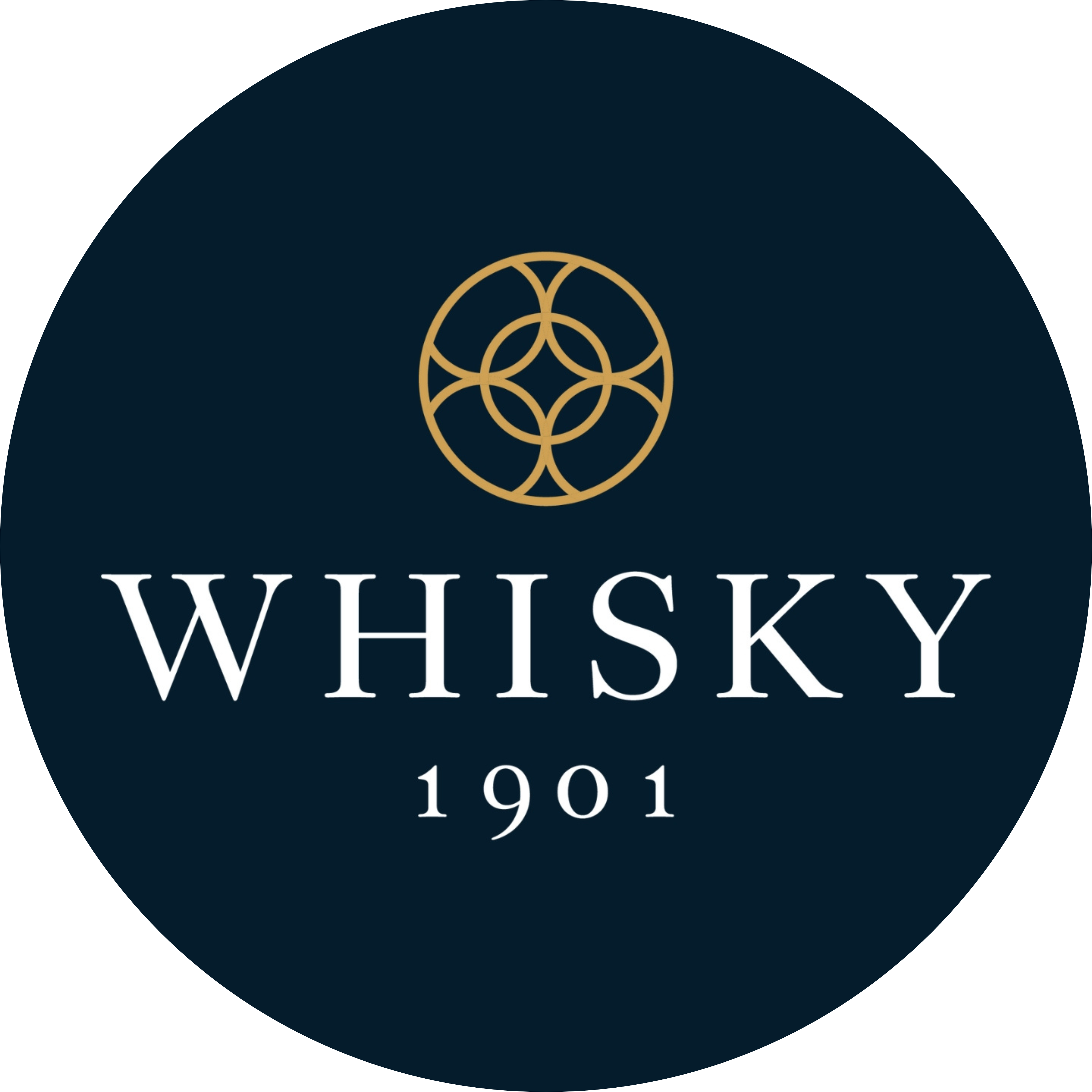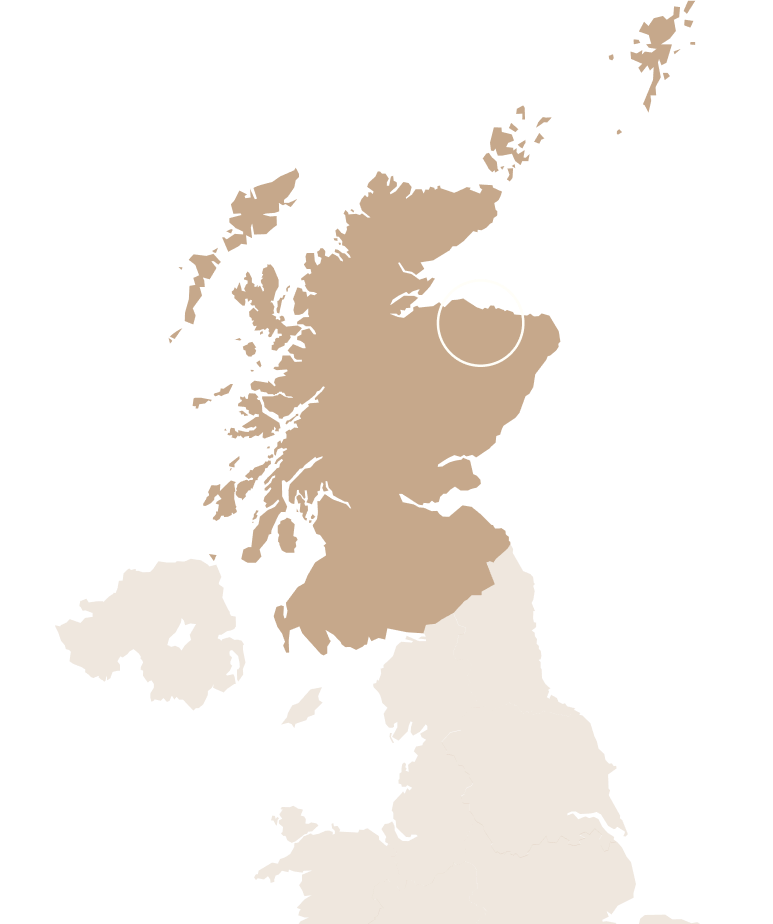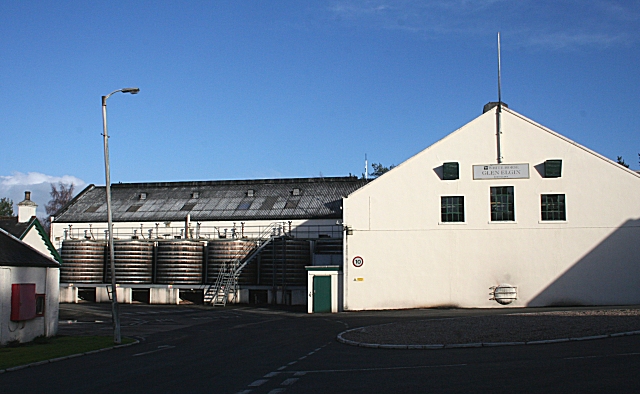About
Glen Elgin marks a turning point in the history of Single Malt. The distillery was founded in 1898, making it the last distillery to be built in the boom years of Scotch Whisky production. After its completion, its architect, Charles Doig, made a fateful prophecy that it would be the last distillery to be built in Speyside for 50 years. His prediction was impressively accurate, with Tormore being the next distillery to be constructed, in 1958. Glen Elgin was founded by a former Manager at Glenfarclas, William Simpson, in partnership with a banker, James Carle. Building started in 1898, but following the crash of Pattison’s – a major blending house and buyer or fillings – it was down – sized, and within 6 months of its opening in 1900 it closed and was sold for £4,000. Production resumed for a year, then Glen Elgin was sold again in 1906 to John J. Blanche & Company, a wine and spirit company in Glasgow.
Blanche died in 1929 and again the distillery was sold, this time to D.C.L., who licensed it to White Horse Distillers – it had long been a key constituent of the White Horse blend. The second half of the 20th century brought a lot of changes to Glen Elgin, both in terms of production and maintenance. Until the 1950s, the distillery was entirely operated and lit by paraffin, which was not the safest choice for an establishment that produces millions of litres of pure alcohol each year. In 1964, the entire original distillery, which had been designed by Charles Doig, was demolished and a new facility was built in order for the capacity to be trebled. The number of stills was increased from two to six, taking the production capacity of the distillery up to its modern day level.
Flavours
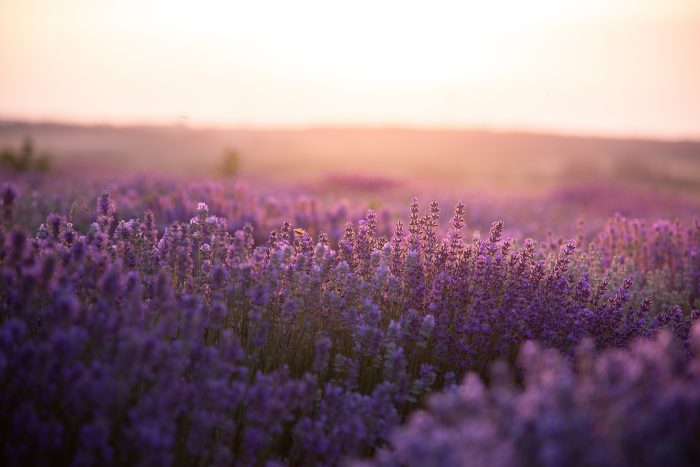
Heather
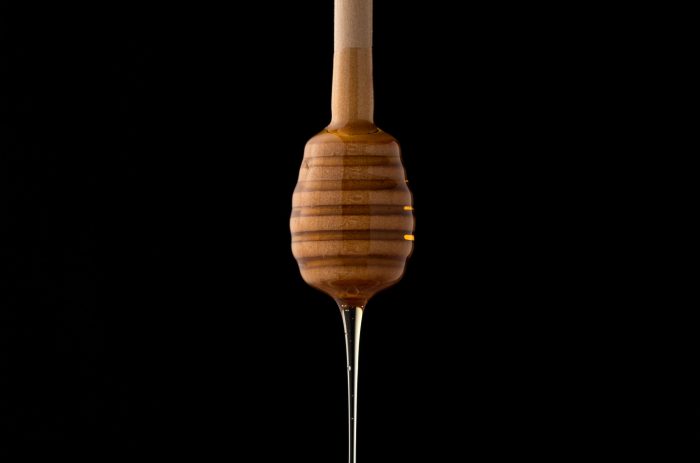
Honey
